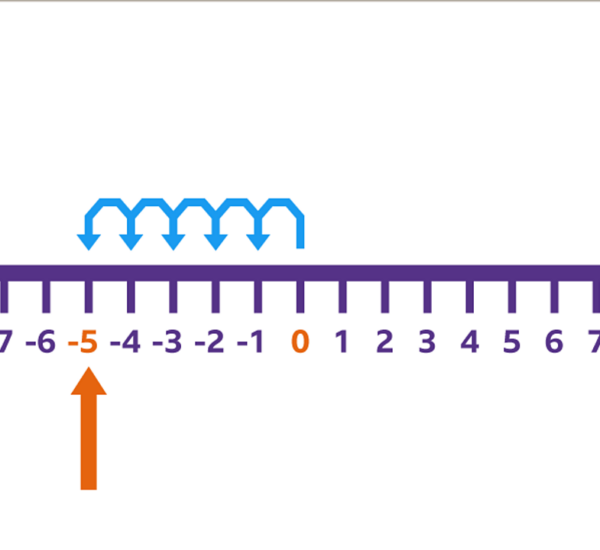Aristotle was a Greek philosopher and mathematician who made significant contributions to both fields. In mathematics, he is known for his work on geometry and logic. In philosophy, he is known for his theory of the four causes and his work on ethics. Aristotle’s thought had a profound influence on subsequent Western philosophy and science.
Aristotle was born in 384 BC in the city of Stagira in Macedonia. His father, Nicomachus, was a doctor who served the court of Philip II of Macedon. When Aristotle was seventeen, he went to Athens to study at the Academy, which was founded by Plato. He remained there for twenty years, until the death of Plato in 347 BC.
Aristotle then returned to Macedonia, where he served as tutor to Alexander the Great. In 335 BC, he founded his own school, the Lyceum, in Athens. Aristotle wrote many treatises on a wide variety of topics, including physics, biology, zoology, metaphysics, logic, ethics, and politics.
Aristotle’s ideas about mathematics were not always well-received by the mathematical community. In particular, his views on geometry were often criticized. However, his work did have a significant impact on the development of mathematics. For example, his work on logic was very influential in the development of formal logic.
Aristotle was also an important figure in the development of ethics. His work on the nature of virtue and the good life had a significant impact on subsequent thinkers. Aristotle’s ethical theory is often referred to as the “golden mean” because it advocates a middle way between extremes.
Aristotle’s ideas about mathematics and ethics continue to be studied and debated by philosophers and mathematicians today.




